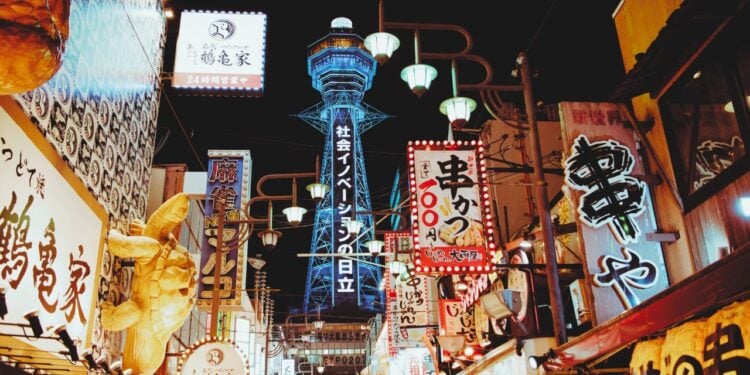What’s going on:
A Japanese government panel has proposed the largest-ever increase in the national average minimum wage, suggesting a rise of 41 yen ($0.29) to 1,002 yen per hour, according to Reuters. This wage increase aligns with the focus of Prime Minister Fumio Kishida’s economic policies.
The Prime Minister, along with the Bank of Japan, anticipates that consistent wage hikes will stimulate consumer spending, potentially reviving Japan’s economy from years of stagnation caused in-part by the COVID-19 pandemic. Reuters reports that these government-set minimum wages coexist with separate wage negotiations that occur annually between corporations and labor unions.
Why it matters:
The proposed increase in Japan’s minimum wage represents the country’s post-pandemic economic policy and its strong efforts to stimulate the economy. Higher wages could increase Japanese consumer spending, fueling the country’s economic growth and potentially ending decades of economic stagnation in the world’s third-largest economy, according to Reuters.
How it’ll impact the future:
A higher minimum wage could increase job satisfaction and decrease income inequality, leading to a more motivated and equitable workforce. However, it might also pose challenges for small and medium enterprises that could struggle to afford the higher imposed wages. This move might encourage more automation or shift towards more contractual or part-time workers if businesses can’t abide by new economic policies. Additionally, it could lead to increased prices as businesses pass on the cost to consumers.
If these high wage hikes are officially implemented in Japan, other countries coping with the effects of high interest rates and rising costs of living could be influenced by the country’s bold proposal.



 Dr. Gleb Tsipursky – The Office Whisperer
Dr. Gleb Tsipursky – The Office Whisperer Nirit Cohen – WorkFutures
Nirit Cohen – WorkFutures Angela Howard – Culture Expert
Angela Howard – Culture Expert Drew Jones – Design & Innovation
Drew Jones – Design & Innovation Jonathan Price – CRE & Flex Expert
Jonathan Price – CRE & Flex Expert










